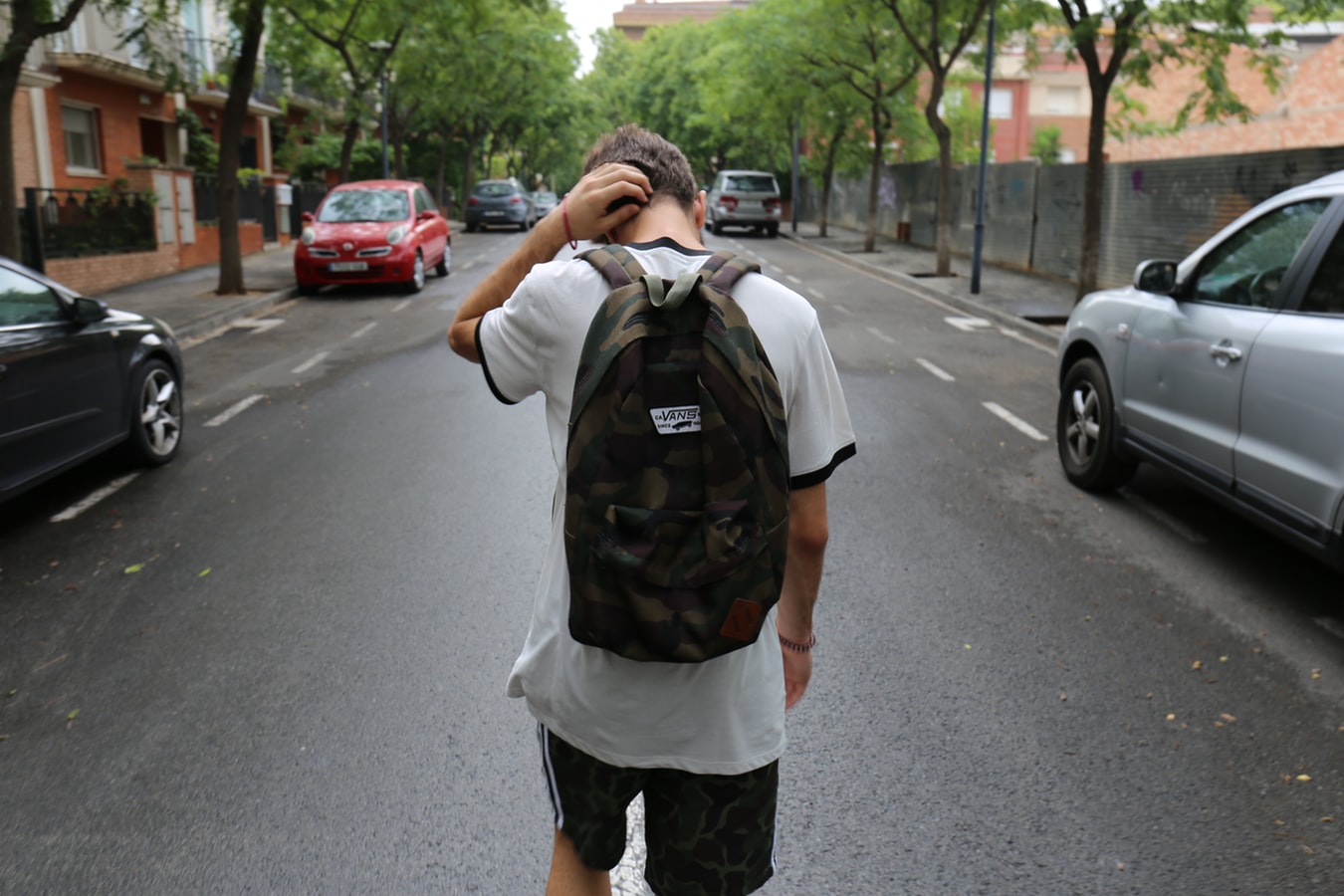
When you reflect on the happiest time in your life, chances are you think about your childhood. Everyone wishes they could be young and carefree again, with no responsibilities holding them back. Most children and teenagers haven’t endured the hardships of the world yet, and because of that, their lives are driven by constant laughter, wonder, and ambition.
Common Worries vs. a True Anxiety Disorder
Despite their limited life experiences, kids feel stress just like adults do. Fear and excessive worrying is actually quite common in children and young adults. For example, maybe your child cried every time they got dropped off at school because they had separation anxiety from you. Or, maybe your child was overly afraid of certain places or people, like going to the doctor.
Signs of anxiety can show up in children of all ages at any time. In most cases, anxiety like the ones mentioned above will eventually subside, but sometimes small worries or fears can turn into bigger mental health issues that can follow your children into adulthood. As a parent, it’s important to pay attention to the mental health of your children and learn to recognize the symptoms of anxiety.
Symptoms of Anxiety in Children
Most kids will feel stress and anxiety at certain points throughout their childhood, to varying degrees of severity. By knowing the warning signs of an anxiety disorder, you can determine if your child is suffering from a real mental health condition, or if it’s a passing fear. Some common symptoms of anxiety include:
- Restlessness and poor sleep
- Trouble concentrating
- Headache or stomach ache
- Shaking and muscle tension
- Irritability
- Worrying about the future
- Being afraid of certain places
- Episodes of sudden fear
- Having specific phobias
Keep in mind that not every child with anxiety will exhibit these symptoms. In fact, many children who suffer from anxiety don’t tell their parents how they are feeling. Kids aren’t as self-aware as adults are, so when they get extremely fearful or feel panicked, they don’t know what is happening to them. That’s why it’s important to check in with your kids regularly and ask them how they are doing. We can’t assume that all children are as happy as they might seem on the outside.
The Types of Anxiety Children Face
There are several different kinds of anxiety that are common in children and young adults. Although they all fall under the category of anxiety disorders, the symptoms for each are slightly different.
- Generalized Anxiety Disorder: Kids with generalized anxiety disorder tend to worry excessively about a variety of things, such as their grades or performance on a sports team. It’s often characterized by children who seek perfection or are very hard on themselves.
- Panic Disorder: Children with diagnosable panic disorder usually suffer at least two unexpected panic or anxiety attacks per month that come on suddenly and for no apparent reason. Kids with panic disorder often feel like they are losing control or are going crazy.
- Separation Anxiety: Separation anxiety is more common in young children, and it happens when a child worries about being away from home or getting separated from their parents. Sometimes kids with separation anxiety will avoid going to school, sleepovers, or even engaging in normal social activities alone.
- Phobias: Phobias are marked by irrational fears of certain things or situations. Common phobias in children include dogs or pets, storms, heights, the doctor and flying.
- Social Anxiety: Social anxiety occurs when a child has a strong fear of social situations and activities, like spending time with friends or even having a conversation with a stranger. Social anxiety can affect a child’s performance in school, and their ability to form and maintain relationships.
What are the Main Causes of Anxiety in Children?
The biggest cause of anxiety in children—and in adults, as well—is past life experiences. Children have bad experiences just like everyone else, and that can have a lasting impact on their mental health.
Maybe a child was triggered by the pain of a shot at their first doctor’s appointment, and as a result, they are incredibly fearful of ever going back. Or, maybe the death of a loved one caused the child to fear that something bad would also happen to their parents. Violence and abuse can also cause anxiety in children. If a child grew up in a household where abuse was common, it can create fears that they carry with them as they get older.
Another common cause of anxiety is learned behavior. If a child sees their sibling or parent have a bad experience with something, it can cause them to be fearful as well. Despite the cause, parents of children with anxiety should remember that they are not at fault for the child’s condition. It doesn’t mean they’re a bad parent or that they did something wrong during their kids’ childhood. For children, part of growing up is having their own experiences away from their parents. Those experiences shape who they are, and sometimes they can have a negative affect.
Treatment for Anxiety in Children
The treatment for anxiety in children is very similar to the treatment adults receive. A combination of talk therapy and exposure therapy is effective for most kids. For kids with severe anxiety, small doses of antidepressants can help them feel more in control while they work with a therapist to address the root cause of their anxiety, but these are often a last resort for young people. For kids who struggle with social anxiety or phobias, a therapist may recommend exposure to their triggers to help them overcome their fears.
At Mission Harbor, we help children and adolescents with anxiety and related behavioral health disorders overcome the fears that hold them back from living a fulfilling life. Our trained therapists develop a customized treatment plan for every client, so they can make a full recovery and develop a healthier mindset. If your child is struggling with anxiety, contact us to learn more about the treatment programs we offer at our outpatient centers in Santa Barbara and Southern California.




